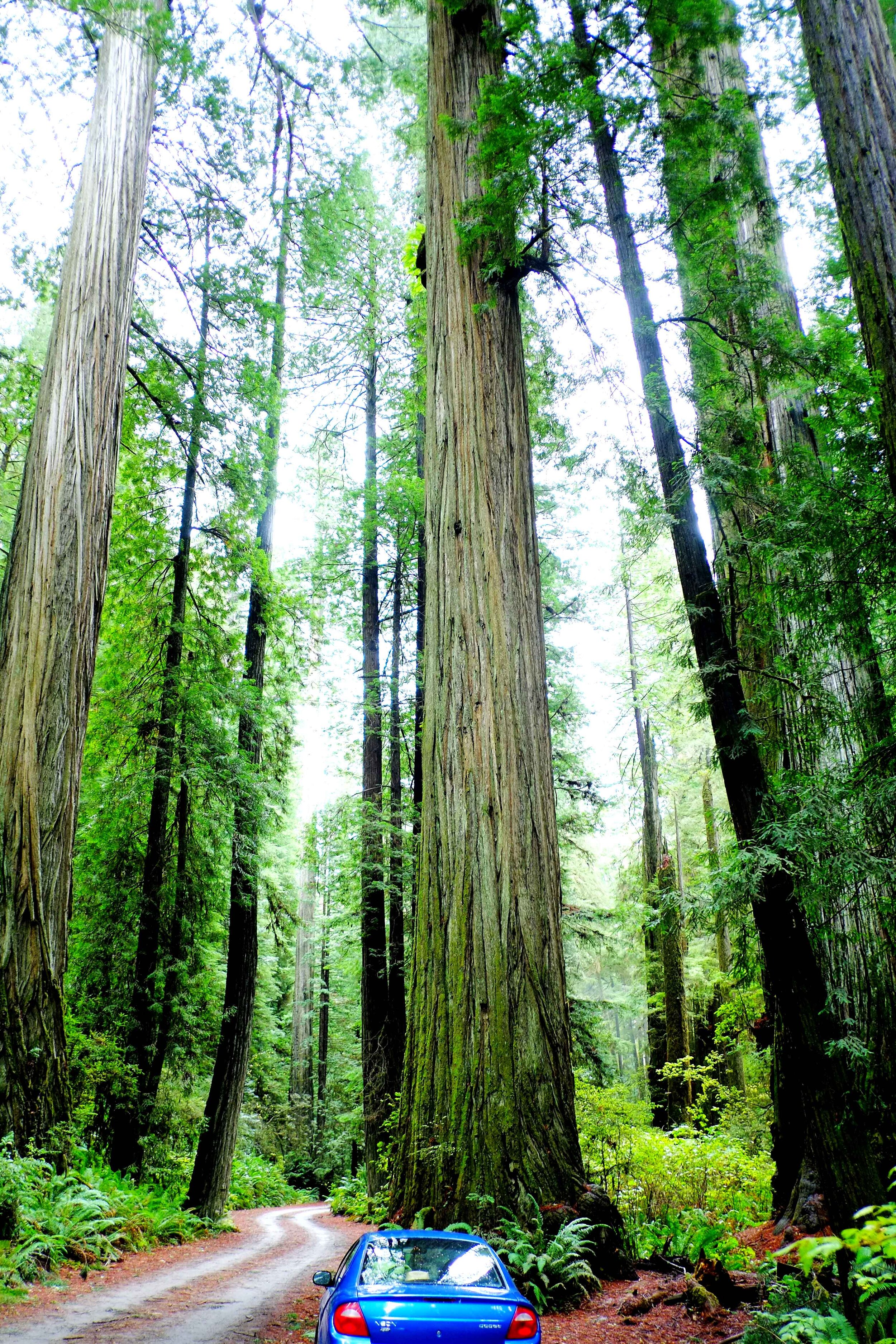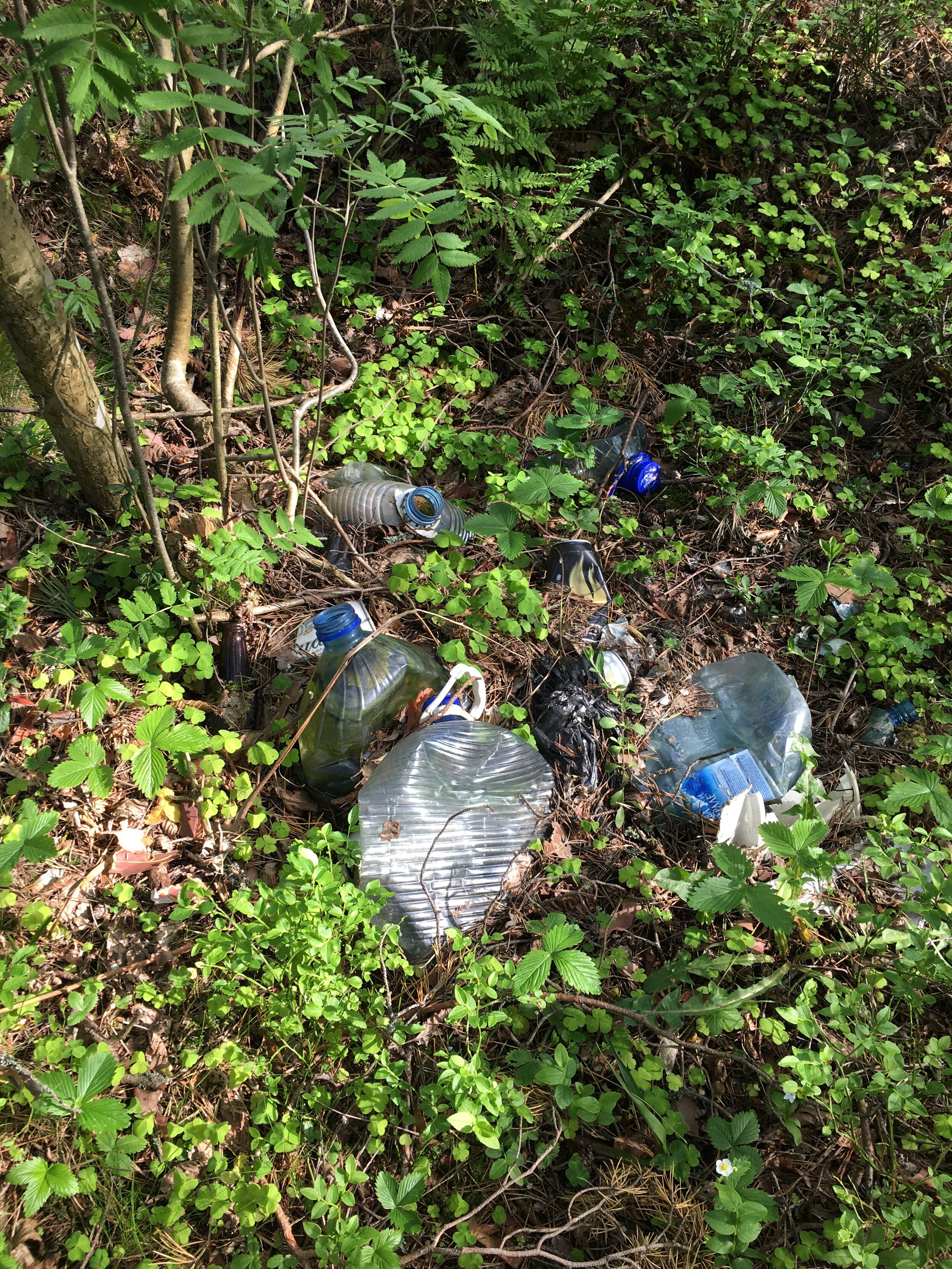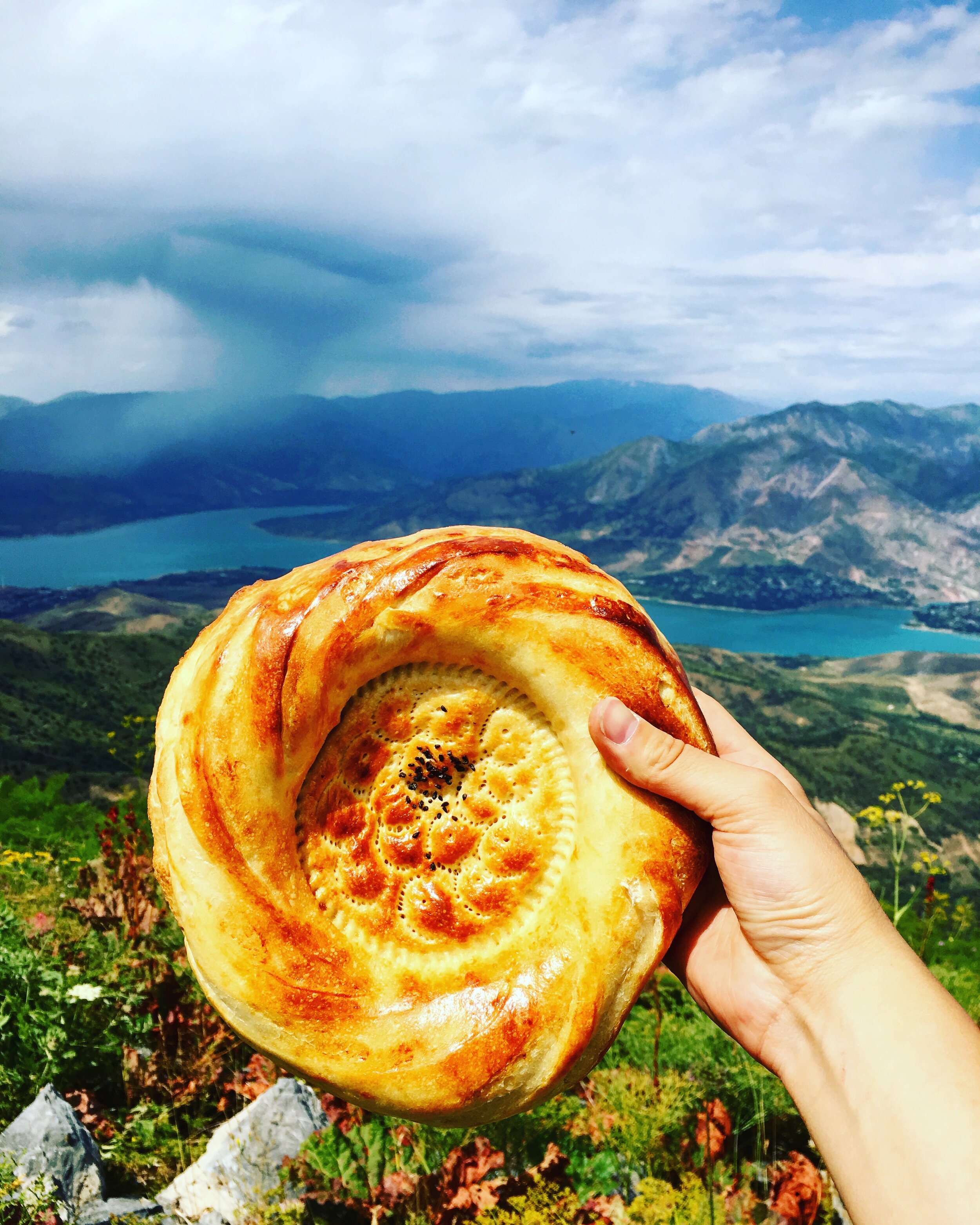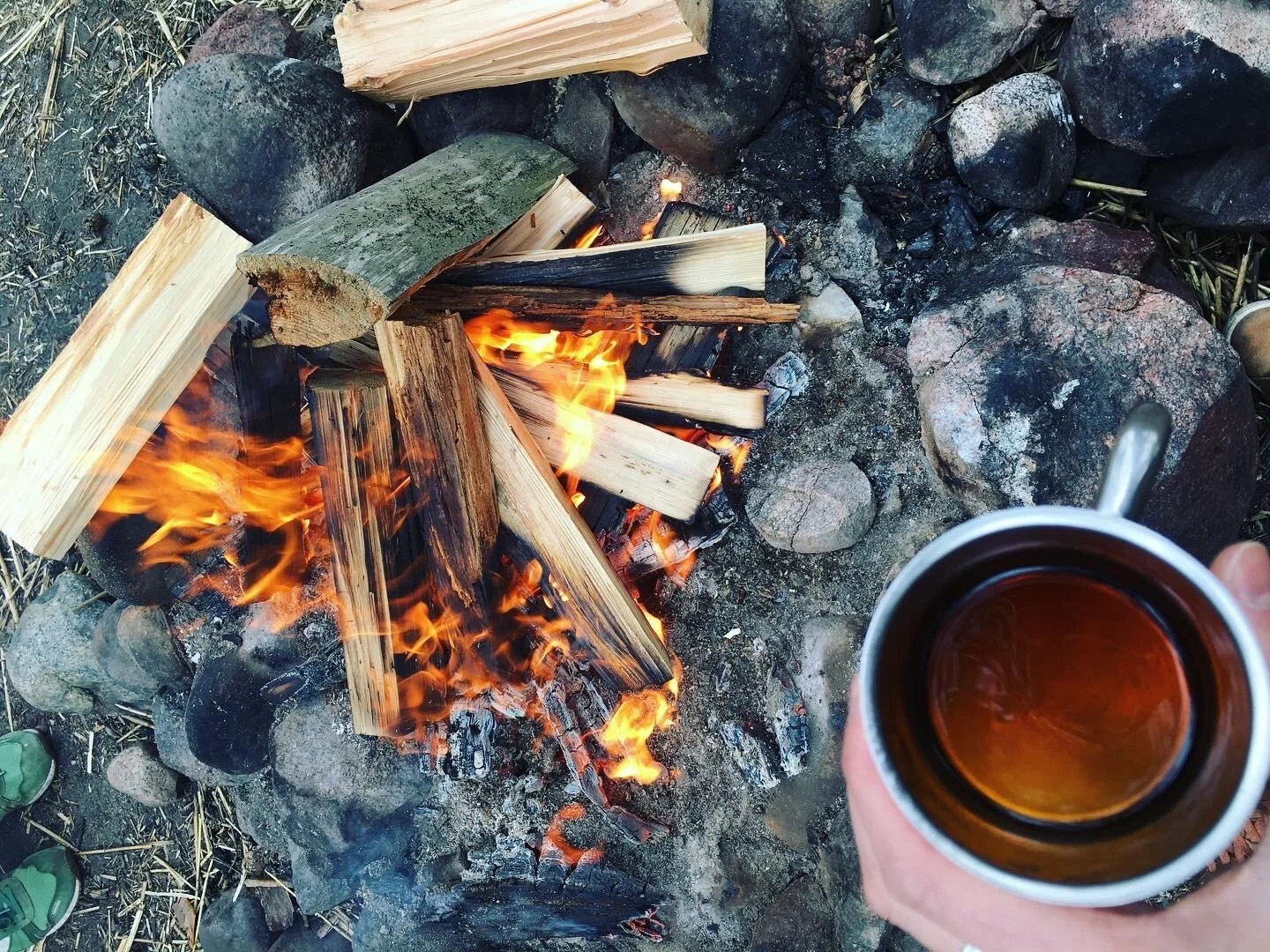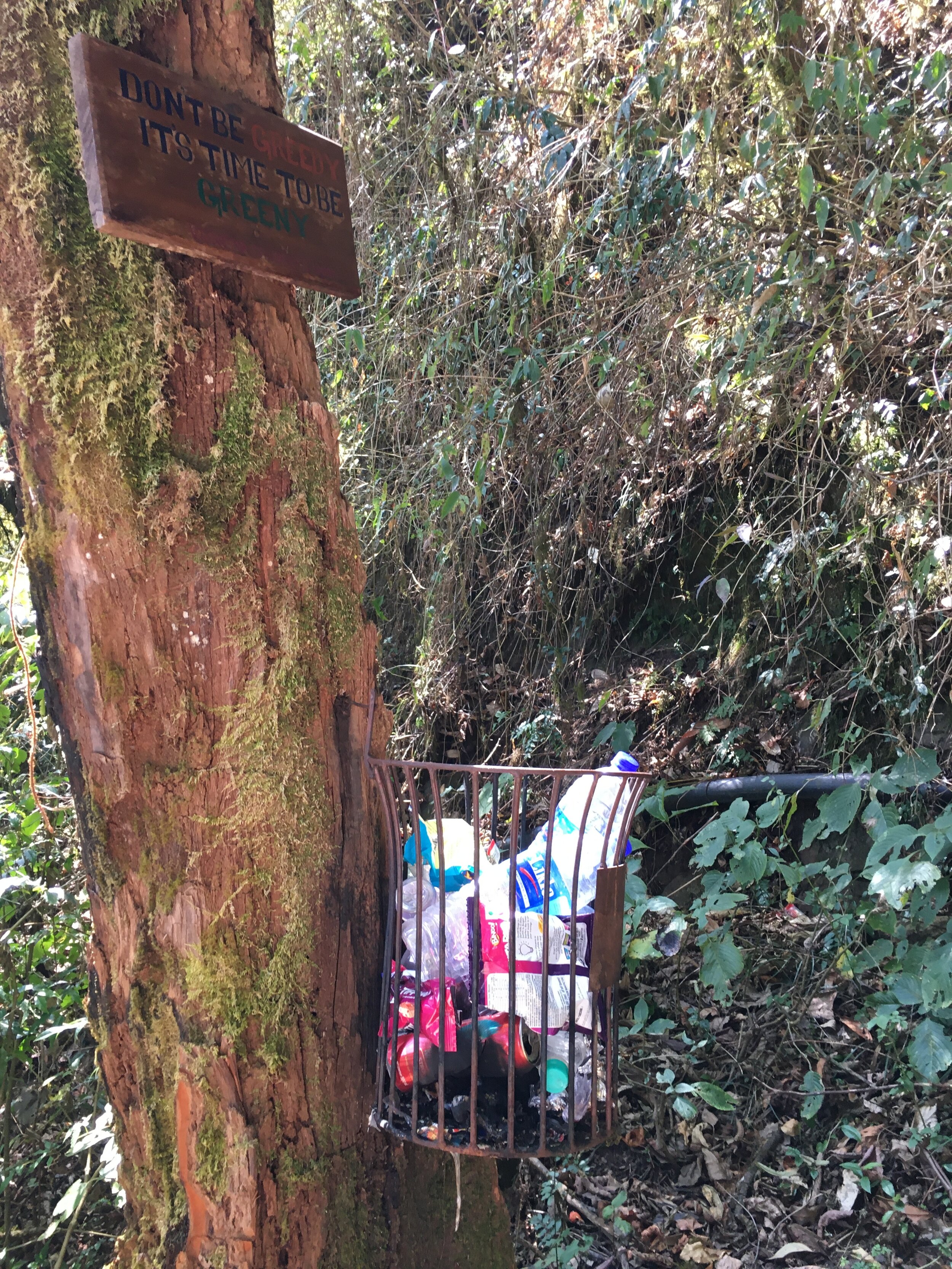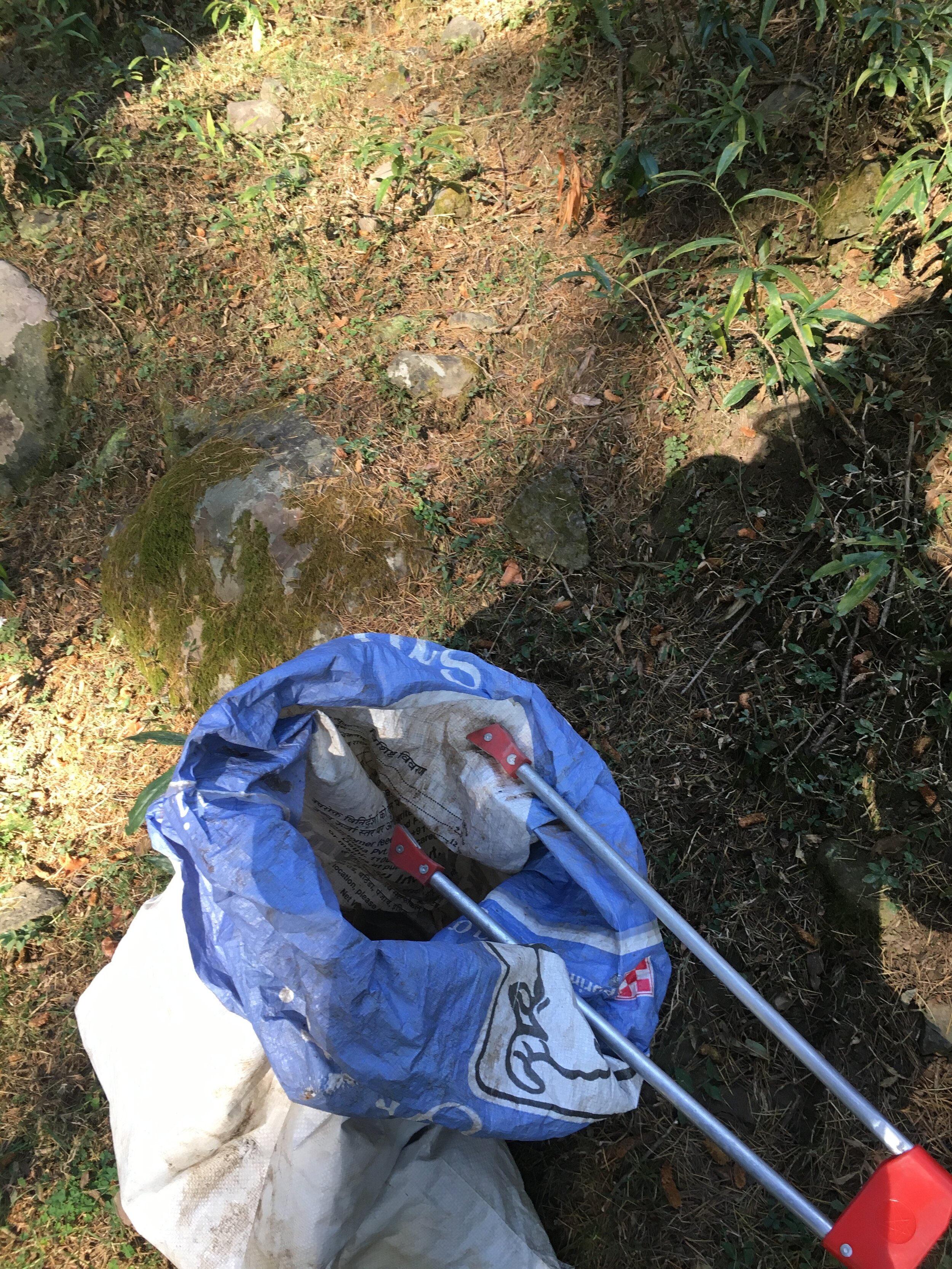Enjoying (Russian) Summers while ‘leaving no traces’
Practical tips on how to enjoy time outdoors and being environmentally responsible
Camping and ‘being outdoors’ cover a huge role in Russian Summers culture. When the days get longer, the nights never dark and the temperature finally got above 15 degrees the population of the largest country in the world, and one of the coldest in some areas, try its best to spend as much time as possible outside.
School holidays last from June to September, kids are been sent to the summer Dachas with the grandparents in the countryside. The popular and extremely efficient long-distance trains take entire families from one side of the country to the other, chasing a summer which is always too short.
‘The great escape’ seems to be the title of this early summer days movie. June arrived and, even though it is not meteorologically summer yet (21st of June) everything already changed. Flowers bloomed everywhere, trees have now the greenest foliage ever, people started smiling again, wearing their lightest layers and finding any possible excuses to spend time outside. The metro and buses are empty and the streets filled with bikes, skates, roller-skates, anything which involves moving fast against the constant Finland gulf breeze, which is now pleasant and ‘warmish’.
When cities empty and the woods filled (with rubbish)
The Venice of the North is filled with parks and canals, little gulfs, and Nordic-looking sandy beaches. There are hidden paths to reach tiny empty spots behind the residential,’ dormitory-style’ looking buildings. If you cannot board on a regional train or drive out of the city towards the lakes and the green, quiet, birch forests, these ‘urban’, improvised, camping spots are your ‘summer savers’.
Generally speaking, Russians love camping and being outdoors but not necessarily hiking or doing any activity which involved sweating or exercises. Just being outside, with friends, filled a car and a backpack with many things which, us minimalist hikers won’t even consider thinking of. They carry chairs and tables, disposable dishes, bottles, etc.
Usually, this incredible amount of stuff carried to the woods turns into a horrifying and unacceptable mountain of rubbish.
This is not only Russia and Russians. This is something that is going on everywhere, something I keep on witnessing, something I get frustrated and angry about, something I am trying to open people’s eyes to and something I will never stop to talk about for as much as friends can find me annoying and repetitive.
There are dozens of little actions you can make every single day to avoid this useless, horrible, ‘production’ of waste especially in areas where there are no ways to get rid of it in a sustainable, environmentally friendly way.
‘Leaving No Traces’
LEAVE NO TRACE is a movement that promotes few little practices to minimise our impact on the environment, especially in the outdoors. This is something it should be applied in everyday life, from camping to offices, from city streets to tourists sightseeing spots. As I keep on saying: we are Guests, nothing more and as guests, we have our responsibilities. I won’t dare to leave traces in my friends' houses, leaving rubbish or change their furniture or even feed their animals. In the same way, we do not need to leave our traces in nature. As humans, we have done enough harm to our society, environment, culture, and traditions. We achieved something good but we also ruined and made enough changes to our planet, so let’s stop doing it. No one needs to know we have been there! we are not animals, we do not need to mark our territory, leaving rubbish and traces where we have just been.
Days are getting longer, temperatures warmer and woods are filling with waste, pretty much everywhere in the world.
Practical tips on how to ‘leave no traces’ (outdoors enthusiasts version)
So here a few tips you can follow when you go spending some time in the outdoors wherever it could be, a beach, a mountain’s peak, a city park, a forest… but it is also something you can apply in your everyday life.
Reduce the disposable items, start using containers, bottles, bags, cutlers, mugs, etc you bought and you paid for. Use objects you are also attached to, in this way you will find it difficult to throw them away. Get out of the ‘disposal’ mindset, it is a good exercise for everything in life, people included!! Have fewer things, take good care ad use, and reuse them until it is possible. Then ‘up-cycle’ them (reuse them in some other ways). PLASTIC IS ONE OF THE MOST DURABLE material, so USE IT more than once. It is made to last not to be used for only a few minutes.
Make a list and think carefully about what you need to bring to your trip and how essential that item it is. Choose things they can have different uses, in this way you will travel lighter and spend less money on buying things you do not need. The lighter, the better! You will walk happily, for longer and have more energies to go swimming into that lake, chat around the fire, climb up that mountain, etc
Food. Even though you are thinking that little squirrel might enjoy your food waste, that’s not how it supposed to work. Animals do not need your leftover food. They are wild, they know how to deal with it. Do you have food leftover? bring it back with you, you have food waste? bring it back as well or burn it if you have a campfire. Banana peels take usually three weeks to decompose yes but they are horrible when they dot the path where we are walking on. If it does not grow there naturally so why leave it there??
Water. We know that boiled water is ‘disinfected’ enough to be drinkable. We know it since 2000 BC, I think that’s enough time to be sure we can do it. Bear this in mind and you will soon realise how many boiling water opportunities you can encounter around, especially ehe travelling. Kettles are pretty much in everywhere nowadays, as well as water dispenser and as well as cafes and bars where you can ask to have your water bottle refilled. I haven’t bought a plastic bottle in years, I haven’t died from dehidratation and I spend most of my time moving. As I do it you can do it as well.
Toilet. Probably one of the most concerning topics to talk about while camping and traveling. Depending on where you are there might also be some regulations to follow (National parks and protected natural reserves). In any case, you should not leave traces, how to do it?? If you are going to the toilet you should go at least 70 meters far from any body of water, water sources and campsites. If you are peeing choose a ground that can easily absorb the liquid and DO NOT LEAVE YOUR TOILET PAPER THERE. if you are pooping you should dig a little hole, at least 15 cm deep. Once you are done you covered the hole wit the toilet paper inside (but not wet wipes!). When you are peeing bring your toilet paperback with you, keep it in a sealed bag, and threw it away once you reach a toilet. DO NOT LEAVE TOILET PAPER ON THE GROUND or anything else. Also, you should do not bury wet wipes with your waste since they are not decomposable. Toilet paper takes up to three years to dissolve in nature plus it is horrible to see for who come after you and first of all, it does not grow there, that’s not where it supposed to be and we do not have any rights in contaminating a place which is kindly hosting us. In some areas especially when you cannot dig a hole you supposed to collect your waste and take it back with you using dog bags. We all do this with our dogs so I do not see any difference with our waste. Some people might find it disgusting but I personally think it is way worst to find another human waste and paper while I walk in nature.
Tips for outdoors lover girls. I carry a small cotton napkin in a sealed bag which I use when I go to pee and I wash it whenever I can, in this way I do not even use toilet paper. Here something to read on how to deal with period-related waste while in nature: advice for backpacking with your period
No excuses
There are almost infinite ways in which we can help the environment through very simple actions. We can save money, time, and energies as well. We can learn something new every day and we can always improve little by little, day by day.
I am sure a lot of us already knew all the things I mentioned above but I think that spreading awareness and passing what we know to others is as important as our daily actions.
These might sound stupid, ‘normal’ things to do but for a lot of people with almost zero environmental education even explain why carrying a reusable bottle is good could make a huge change.
There are no excuses. Everyone can contribute to this, whatever your social status is, your money income, your lifestyle, your political orientation, your daily schedule… Make some actions part of your daily routine and soon they will become an inhabitant. Spread the voice, talk, be annoying if necessary!
Do not feel ashamed of saying ‘no’ to the market lady who is giving you single-use plastic bags, do not feel bad in handing your coffee cup to the coffee counter. You can find your favorite vegetable only wrapped in plastic? change it, eat something else! Do mushrooms come only in plastic boxes? eat some other veggie. You are tired of buying a little yogurt plastic container every week? Start making it (easiest thing ever). Educate yourself and others.
Every minute 1 million bottles are sold (20.000 a second) and 2 million plastic bags are used.
On average every person uses at least one plastic bag a day for 12 minutes.
Happy ‘leave no trace’ summer to everyone! ☀️🏕💙



